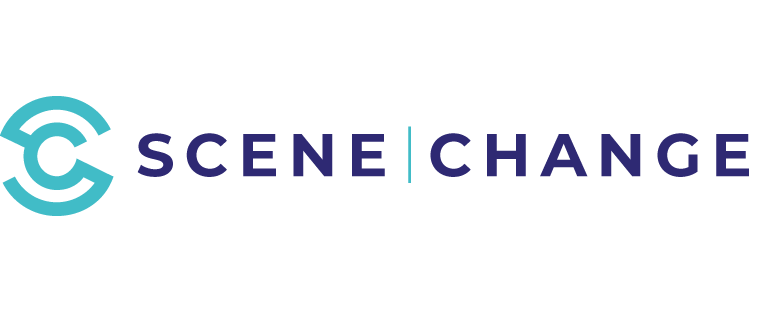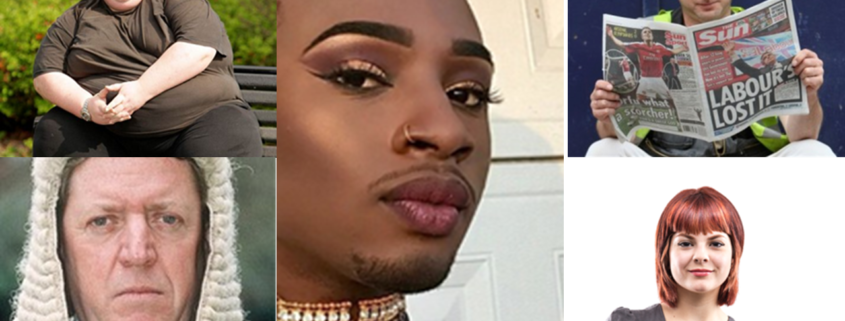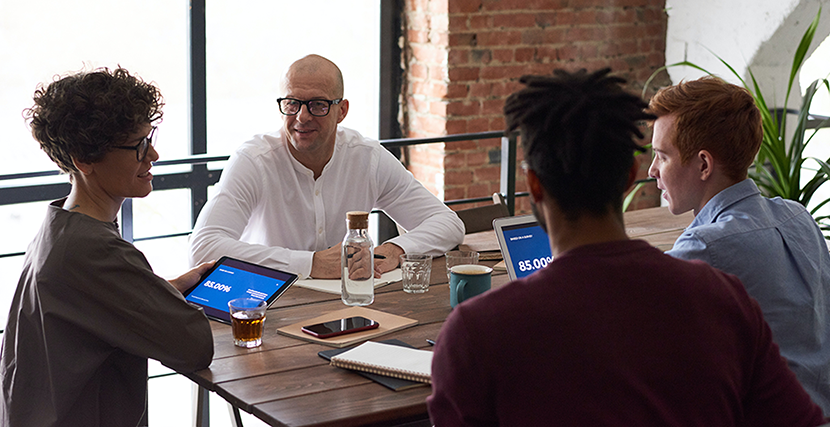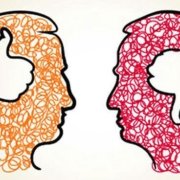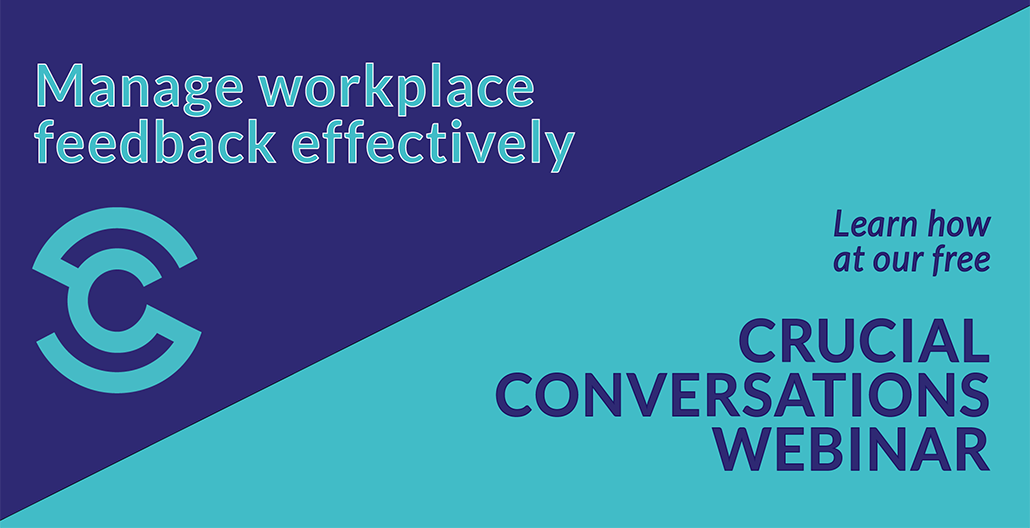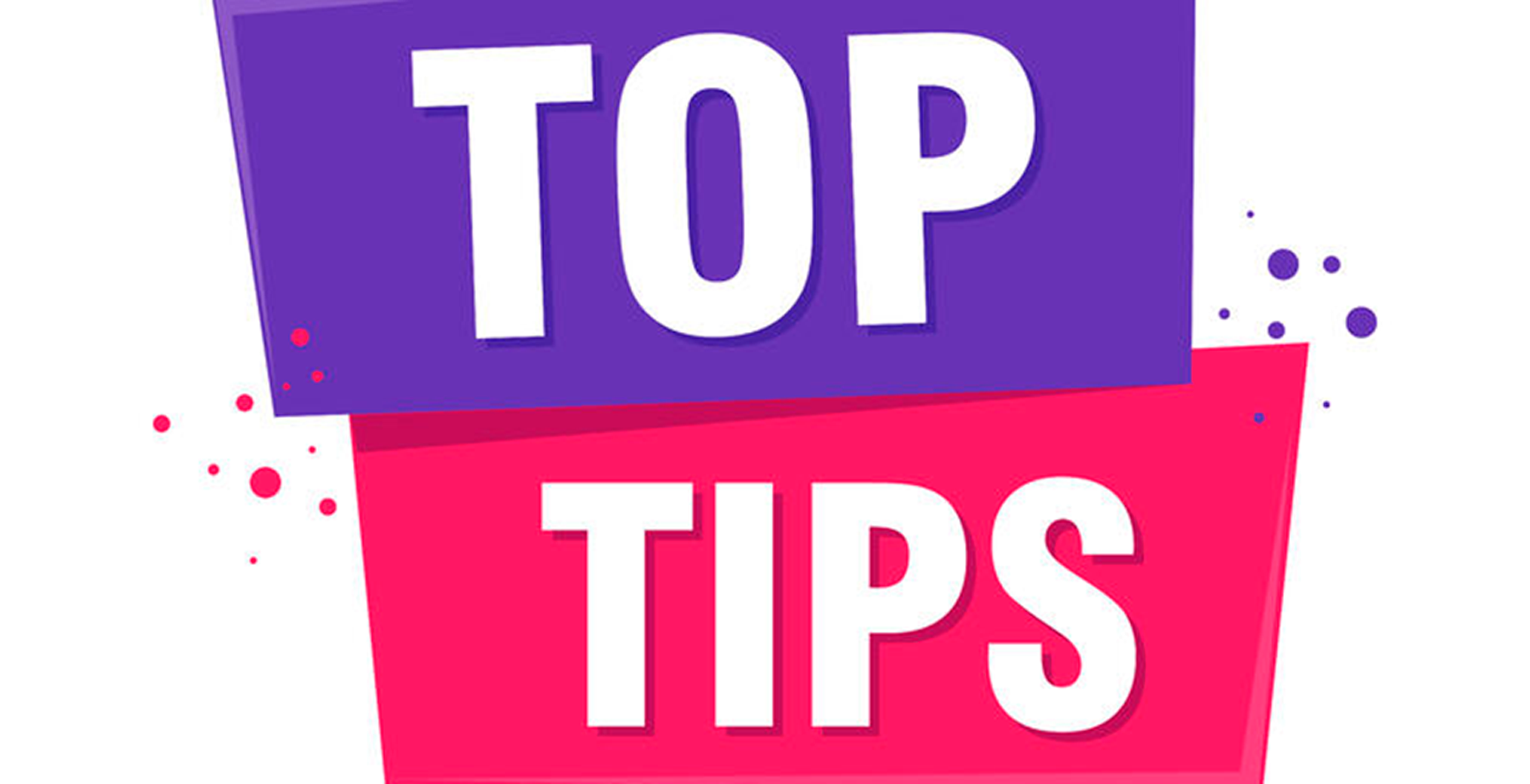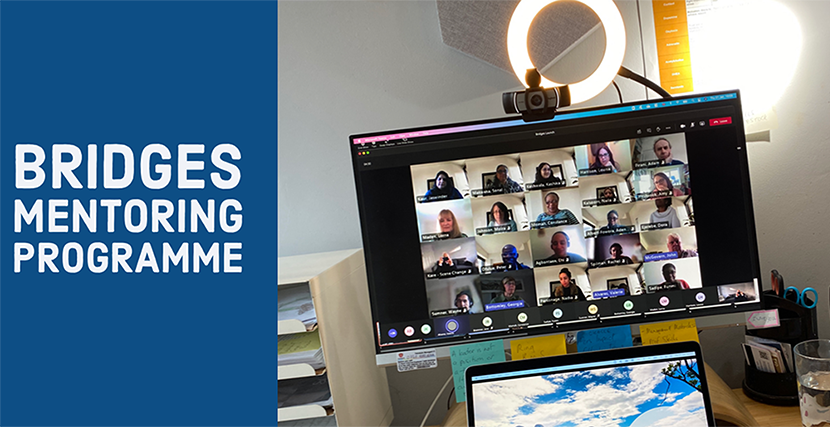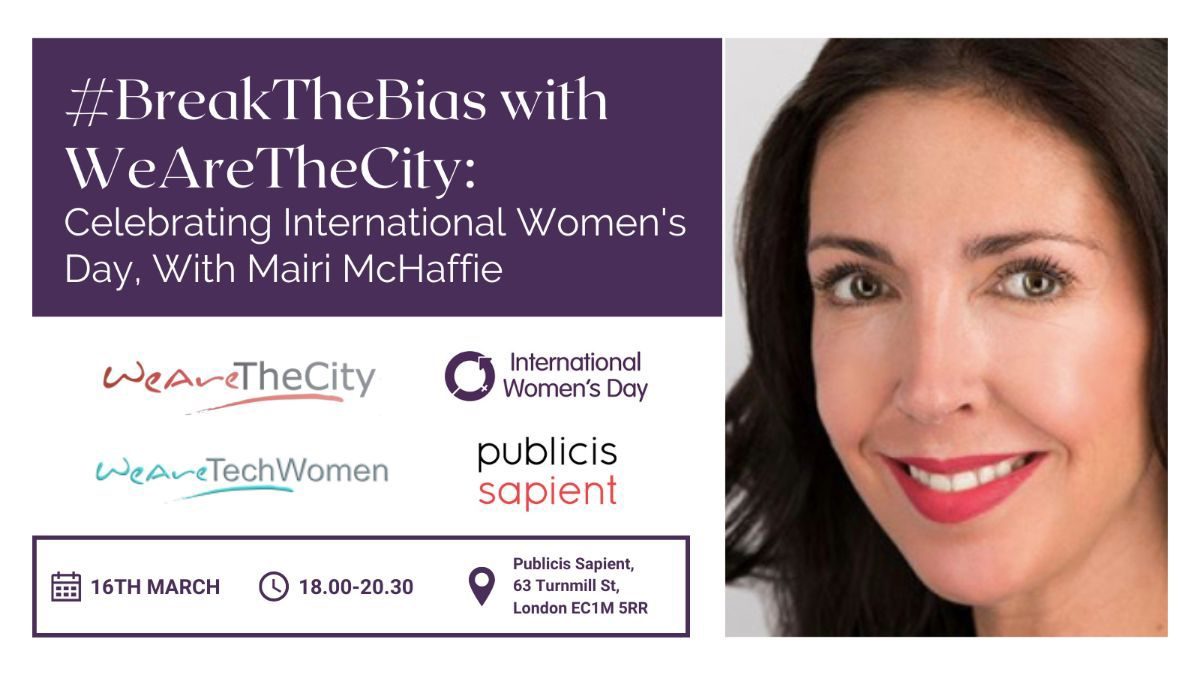are Cabinet Office minister Julia Lopez has announced “unconscious bias training does not achieve its intended aims. It will therefore be phased out in the civil service”. This BBC article was widely shared on the story but one thing was missing, a replacement for unconscious bias training.
Every day we make decisions and judgements at a conscious level based on reason and evidence. Sometimes we make decisions unconsciously based on our “gut instinct”. This is often based on our past experiences, fear or attribution of perceived characterises based on ethnicity, race, gender, sexual orientation, age, social status, disability, education….the list goes on.
Unconscious bias is everywhere and raising awareness about how we judge other people is a step in the right direction. Awareness training can lead to a better understanding of how our own bias and behaviours can affect the development of the people we recruit, the team we form, the people we reward and pay attention to. There is much evidence to show that UB exists, it’s part of our fight or flight response. It isn’t always correct, nor is it fair. Here are some examples:
- Charity Changing Faces found 9/10 people judge those with facial disfigurements negatively.
- Business psychologists Pearn Kandola found bias towards associating men with senior jobs and women with junior ones. In fact, this was based on both male and female respondents.
- DWP submitted matching CVs with names associated with different ethnicities to the same job vacancies. Where short listers were able to see applicants’ names, there was significant discrimination based on perceived name ethnicity.
If Unconscious Bias Training doesn’t work, Halima Begum, chief executive of the Runnymede Trust, the race equality think tank, warned the government would have to replace it with something better and further reaching which addressed bias and “ingrained views”
An effective replacement for unconscious bias training
So, what will replace Unconscious Bias training? We run a hugely successful Respectful Behaviours workshop and many large organisations are benefitting from this. Using actor/ facilitators to demonstrate live action scenes where unconscious behaviours can negatively impact the outcome of a meeting or decision making process helps learners to witness in real-time how we impact each other positively and negatively.
By interacting with the actors and directing them to change their behaviours we open up a conversation about what we can all do to be more inclusive. What will you do to raise awareness and bring about cultural change? Take a look at our services for inspiration
